
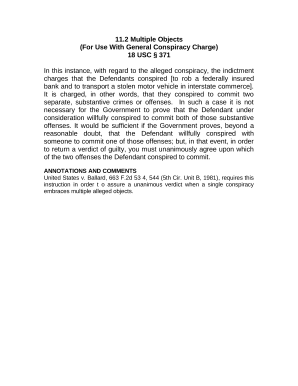
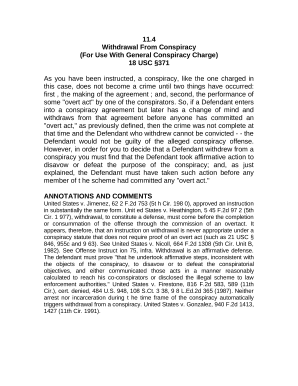
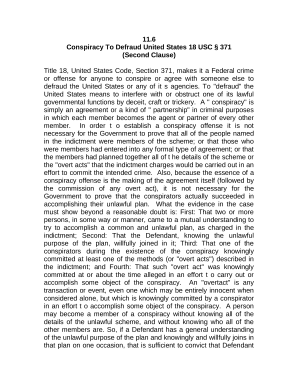
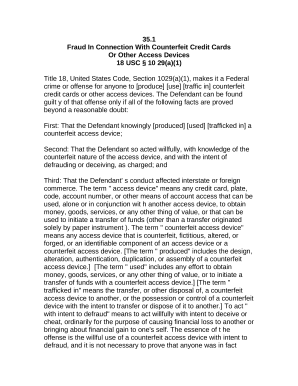

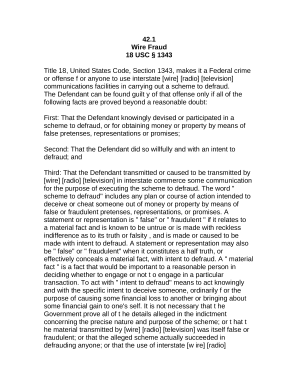
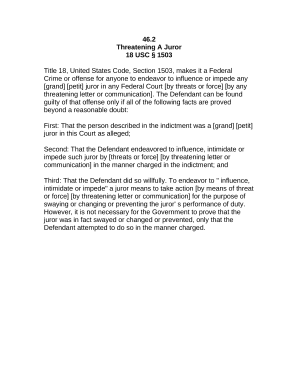
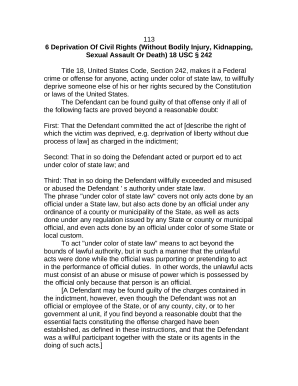
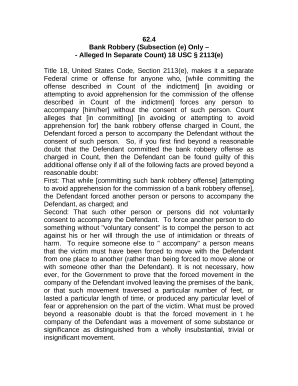
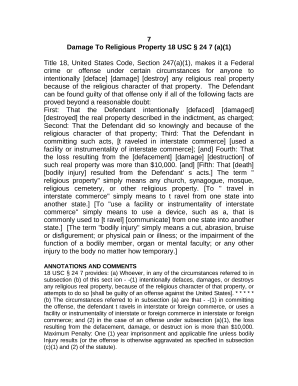
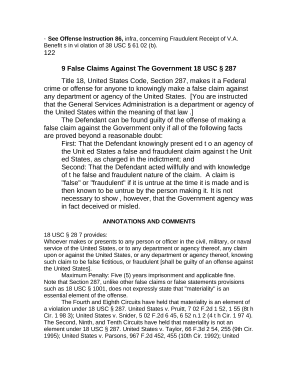
Document administration can overpower you when you can’t find all of the forms you require. Fortunately, with DocHub's vast form collection, you can get all you need and swiftly take care of it without switching between applications. Get our Federal Law Offense Instructions and begin working with them.
The best way to manage our Federal Law Offense Instructions using these easy steps:
Try out DocHub and browse our Federal Law Offense Instructions category with ease. Get a free account today!